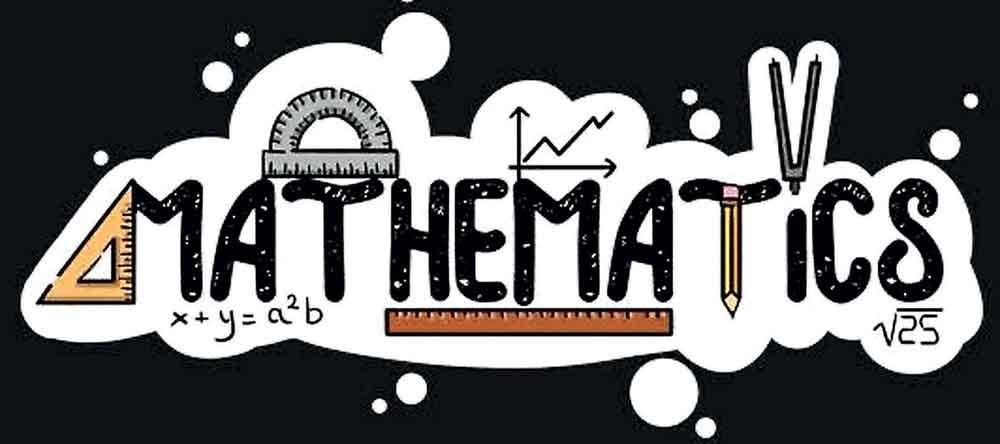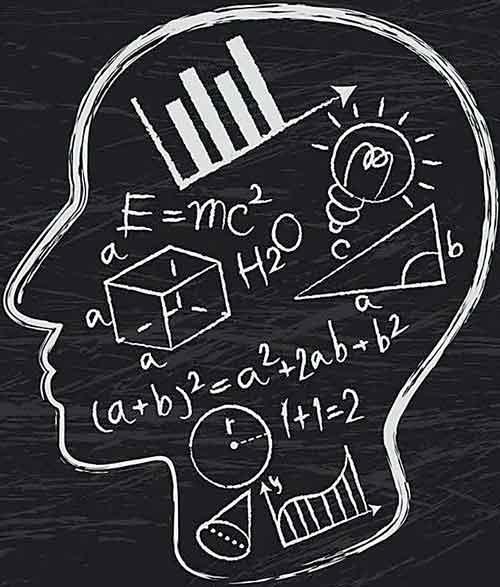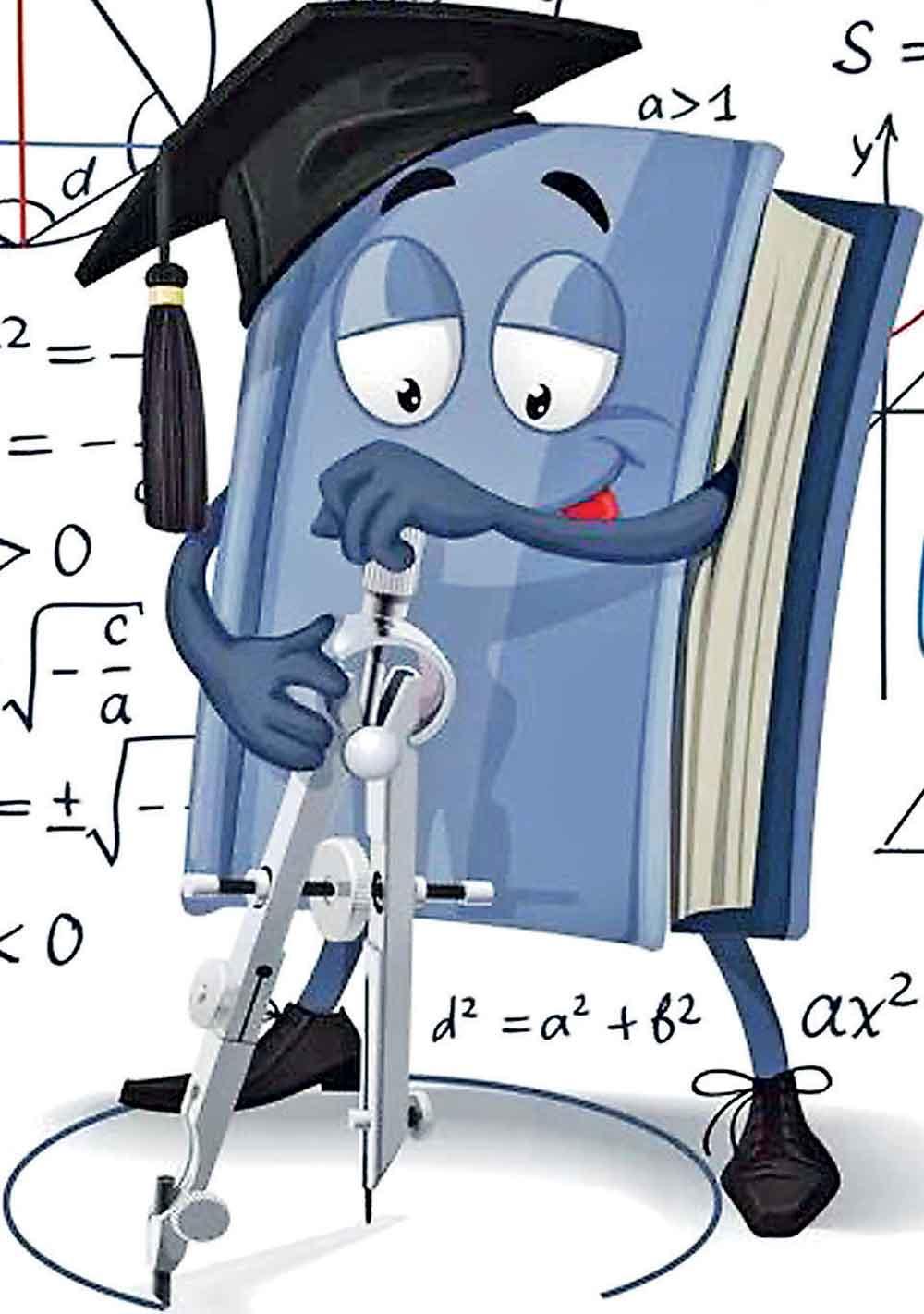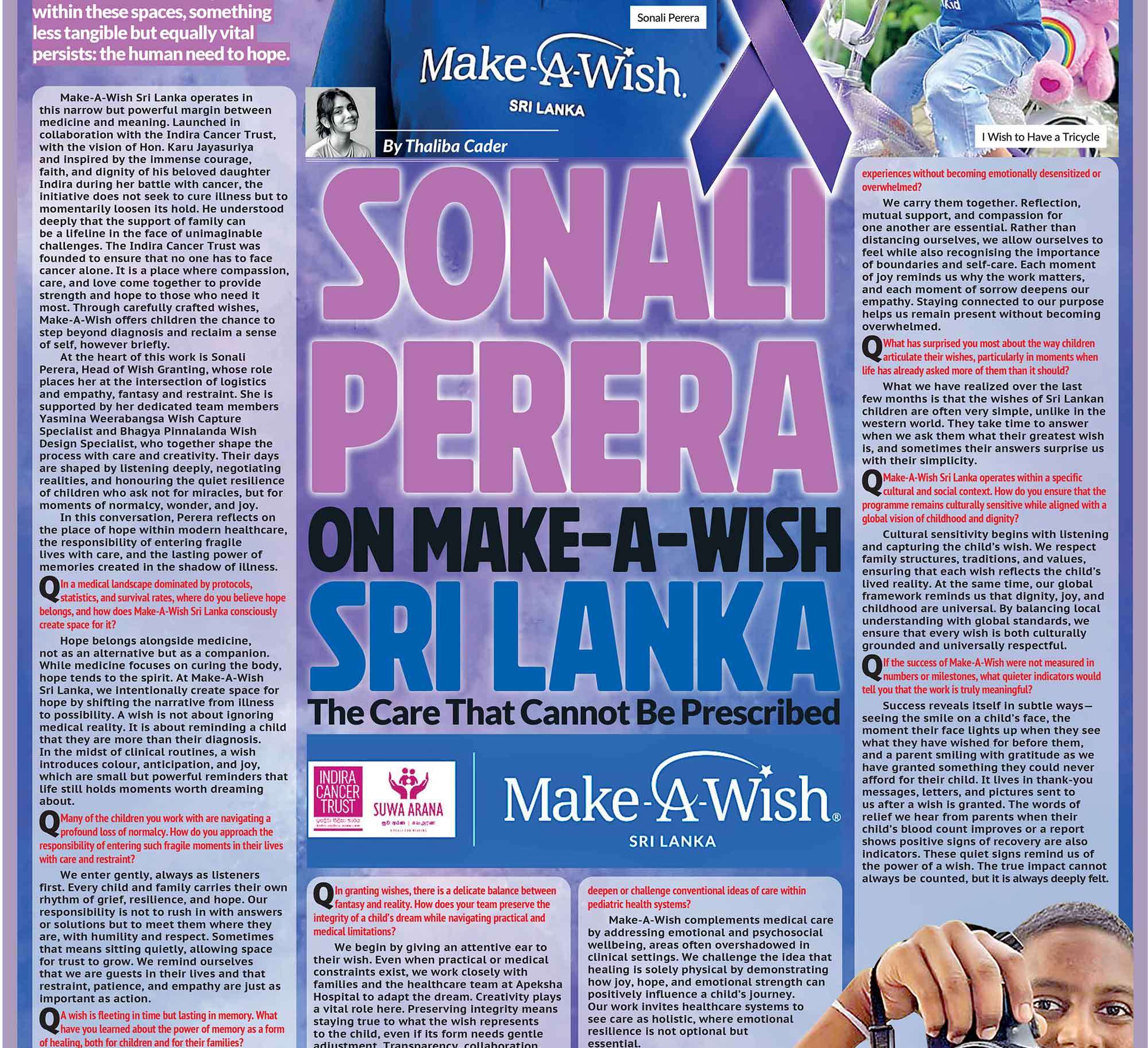
This is a funny question that has been asked many times, usually as a joke. The classic answer is, “Because they have too many problems.” It makes people laugh, but if you think about it for a moment, it also makes you wonder. Can a book really be sad? Of course not. But if math books could feel emotions, they might be a little upset. After all, every single page is full of problems to be solved. And most of the time, students complain about them, avoid them, or even fear them. So in this fun and creative article, let’s explore what it means for a math book to feel “depressed,” and how we can change the way we look at math and its so-called “problems.”
Let’s begin by imagining that a math book is a real character. It sits quietly on the shelf, waiting for someone to open it. It doesn’t have pictures of superheroes or stories about magical lands. It’s filled with numbers, equations, graphs, formulas, and exercises. It listens to students saying things like “Ugh, I hate math,” or “This is too hard,” or “Why do we even need this?” The poor math book might feel unappreciated and lonely. Day after day, it watches other books like comic books, novels, or science books getting more attention and love. Math books don’t have happy endings or exciting plots, just a never-ending list of problems. If we were in its place, we might feel a little down too.
But let’s take a step back. What are these “problems” that math books are full of? Are they really problems like we have in real life? No, they’re more like puzzles. A math problem is a question or situation that needs solving, using logic, numbers, and rules. It’s not something terrible. In fact, math problems are designed to challenge your brain, help you think better, and improve your problem-solving skills. They help you become smarter and more confident. So while the word “problem” sounds negative, in math, it’s actually a good thing.

So why do many students feel unhappy or nervous about math? One reason is that math often feels strict. In subjects like English or art, you can express your opinions in many ways. But in math, most questions have only one correct answer. If you make one small mistake, the whole answer is wrong. That can feel discouraging. Another reason is that math is full of rules and formulas that need to be remembered. If you don’t understand the reason behind a formula, it can feel like just memorizing random things. Some students also fear being judged if they get the answer wrong, especially during class. This fear of failure makes them avoid math and lose confidence. Over time, they might say they hate math, even though the real problem is the fear of getting things wrong.
But let’s take a step back. What are these “problems” that math books are full of? Are they really problems like we have in real life? No, they’re more like puzzles. A math problem is a question or situation that needs solving, using logic, numbers, and rules.
Let’s also consider the way math is taught. If math is taught like a boring list of steps to follow, it can feel dry and lifeless. But if it’s taught like a game, a story, or a real-life mystery, students can become more interested. For example, learning about percentages while shopping, or using geometry to design a room, makes math feel useful and exciting. When students understand how math helps in cooking, sports, technology, video games, or building things, they realize it’s not just numbers on a page. It’s a language that helps us understand and solve real problems in the world.
Coming back to our math book, maybe it’s not really depressed. Maybe it’s just misunderstood. Maybe it wants to say, “Hey, I’m not your enemy! I’m here to help you think clearly and solve challenges. I’m like a gym for your brain.” If students began to look at math books not as a burden but as a tool to train their minds, things would change. Instead of feeling fear or boredom, they might feel curiosity and excitement. Solving a tricky equation could feel like winning a game. Finishing a set of math exercises could feel like completing a mission.

Of course, it’s okay to find math hard sometimes. Everyone struggles with something, and that’s normal. But struggling doesn’t mean giving up. It means we’re learning. Even the smartest people in the world get stuck on math problems. What makes them successful is not that they never fail, but that they keep trying. They enjoy the challenge, and they ask questions, explore different methods, and work step by step. If we can help students develop this attitude, math will no longer feel depressing. It will feel empowering.
Another way to make math less scary is to make it more fun. Teachers and parents can use games, stories, apps, and hands-on activities to teach math. Group activities where students work together to solve puzzles can make math social and enjoyable. Even simple changes like using colorful visuals, real-life examples, or funny math jokes can help. Imagine a classroom where students laugh while solving problems, or where they create their own math stories. That kind of positive energy can change the whole learning experience.
So, is the math book really depressed? Maybe not. Maybe it’s just tired of being misunderstood. Maybe it’s waiting for someone to open it with a smile and say, “Let’s see what cool stuff you have for me today.” After all, math isn’t just about numbers. It’s about patterns, logic, discovery, and problem-solving. It’s the foundation of science, technology, engineering, and even art. Without math, we wouldn’t have smartphones, space rockets, music apps, or even pizza delivery systems!

In the end, let’s give math books a break. Let’s try to see them not as sad and full of problems, but as friendly guides that are here to challenge us, support us, and make us smarter. The next time you open your math book, imagine it smiling back at you and saying, “Let’s solve some problems together , and have fun doing it!”
Because when you change the way you look at math, math changes too. And maybe, just maybe, your math book will no longer be depressed. It’ll be proud, because it helped you become better than you were yesterday.











